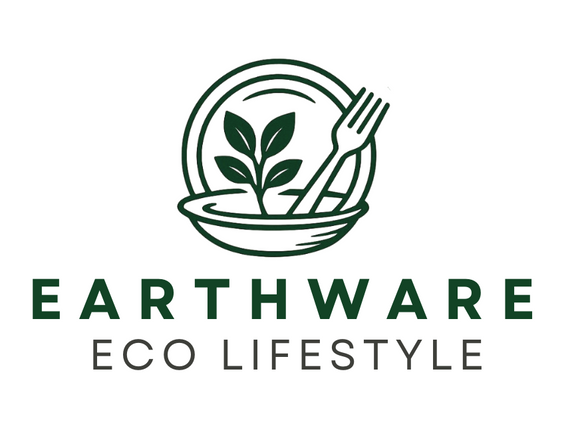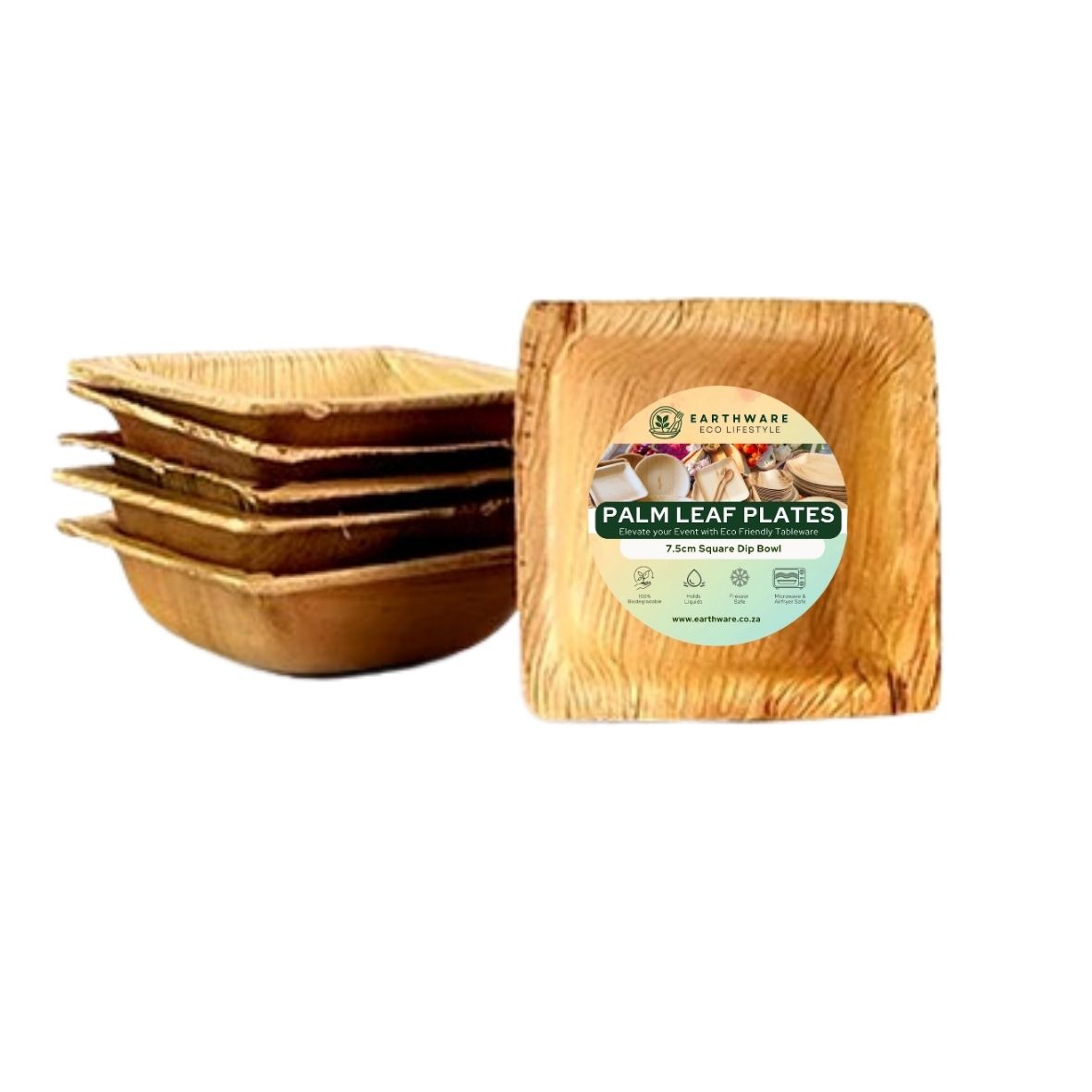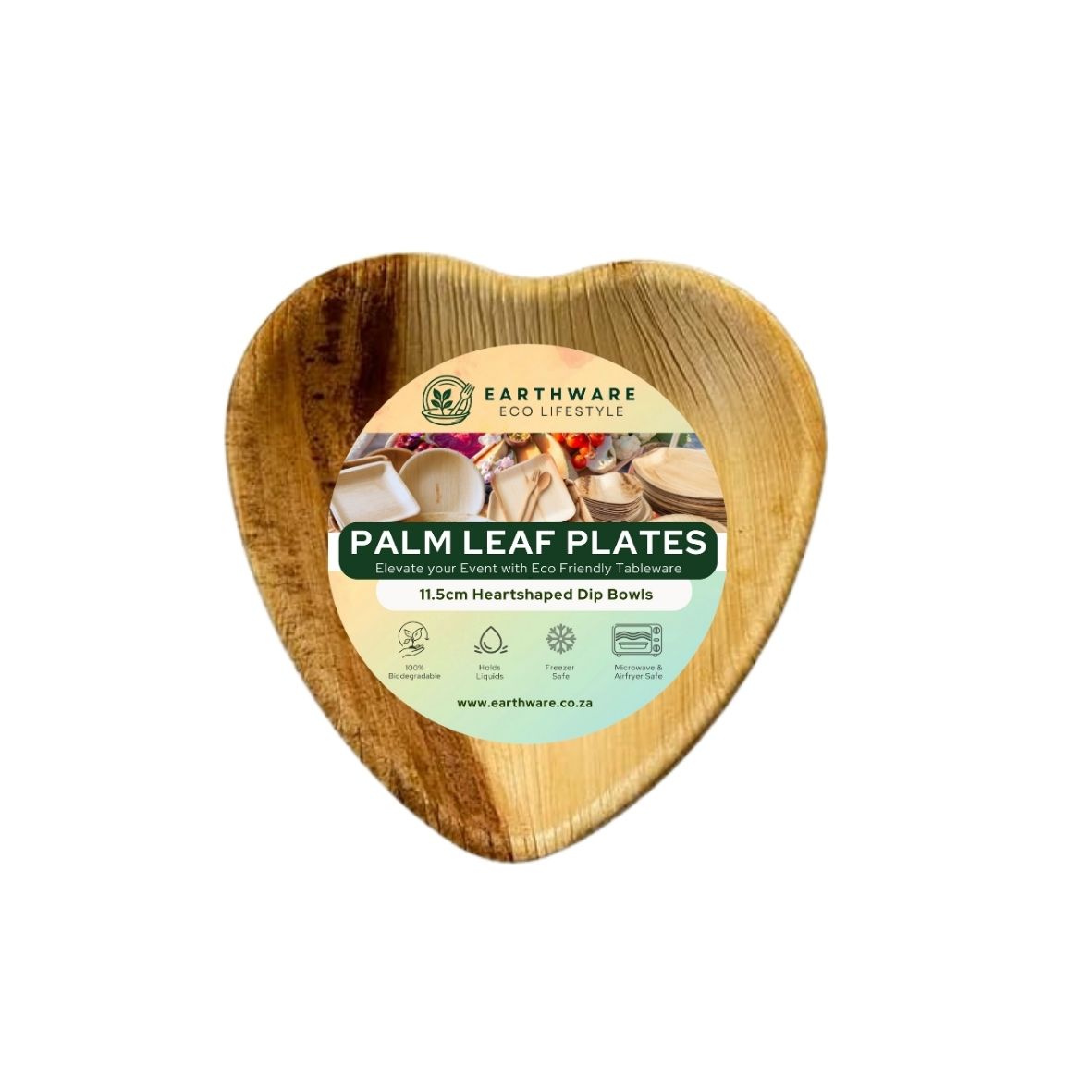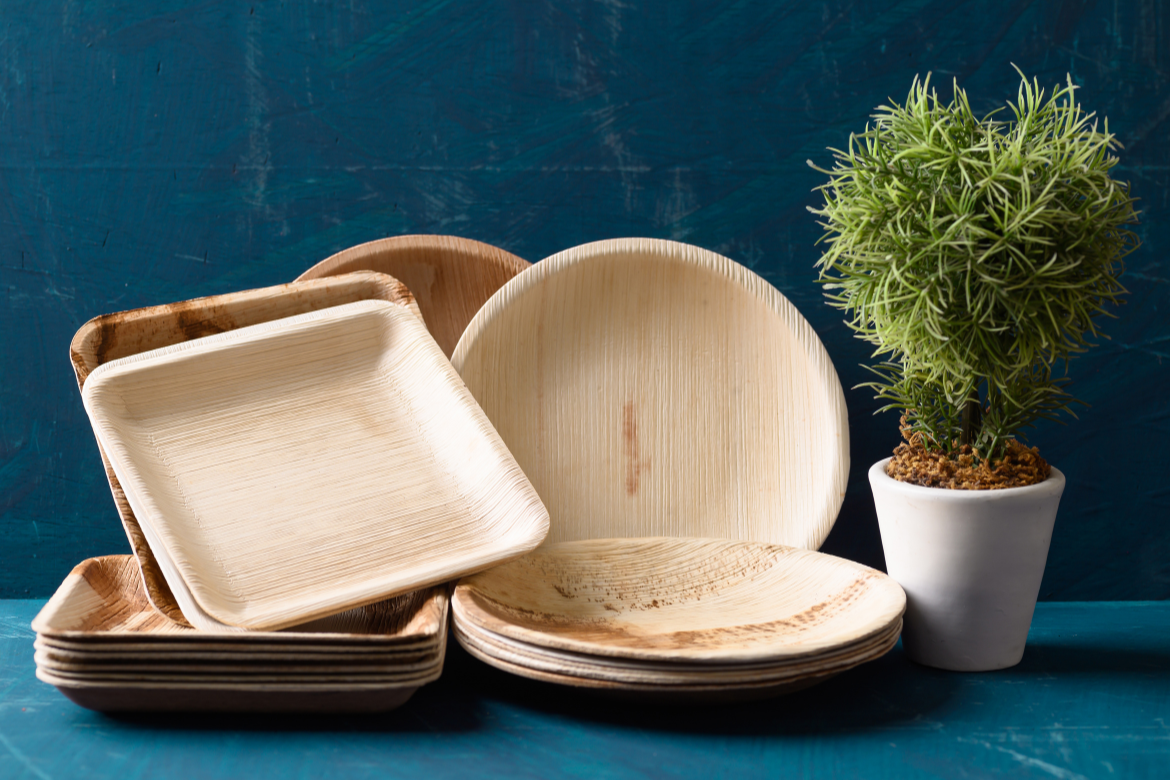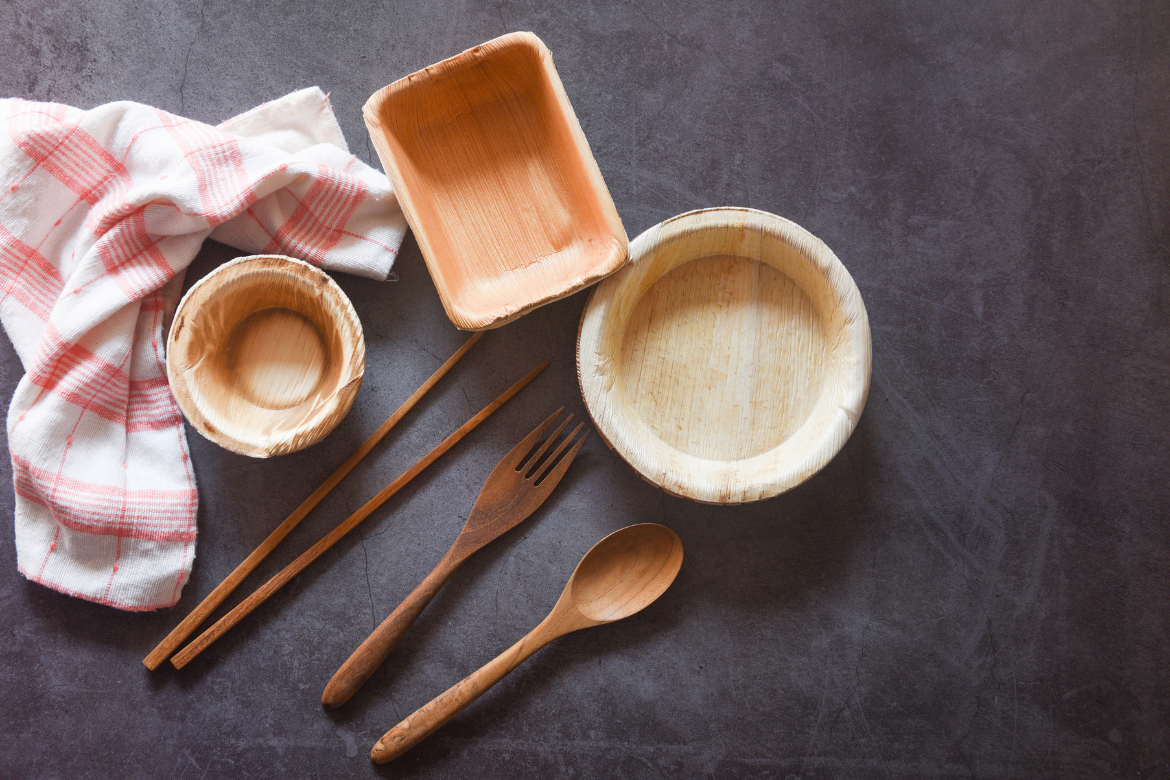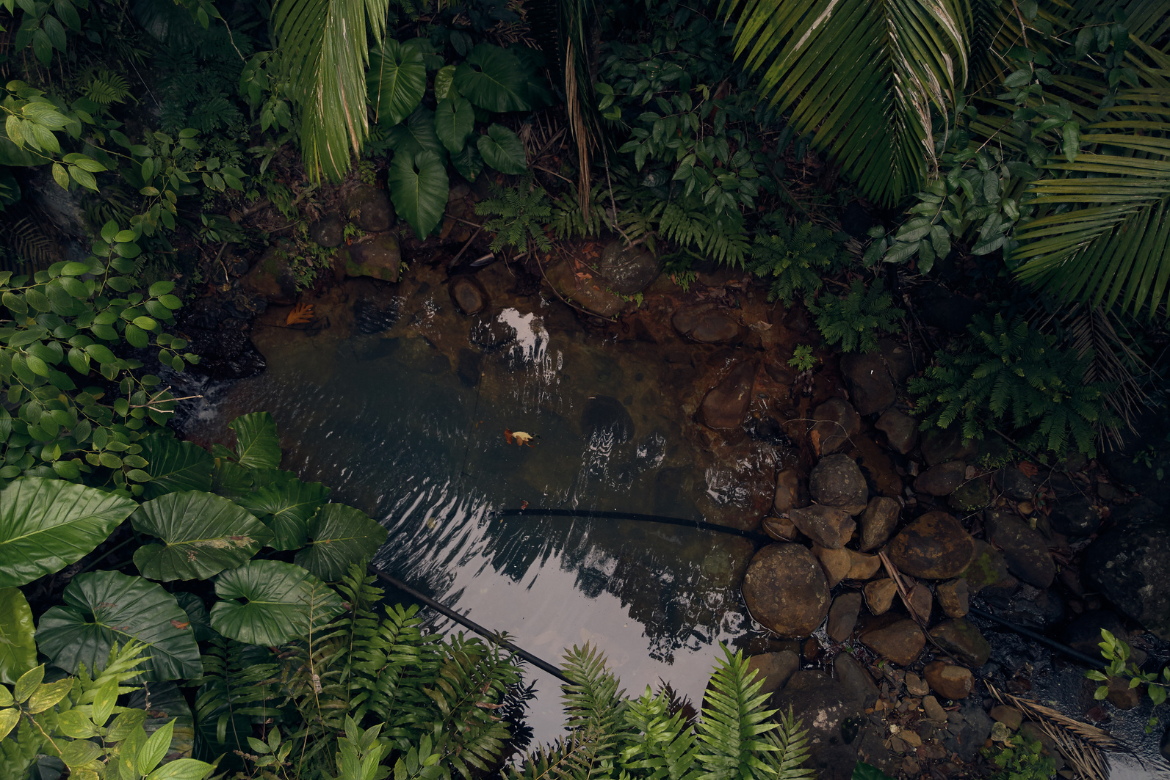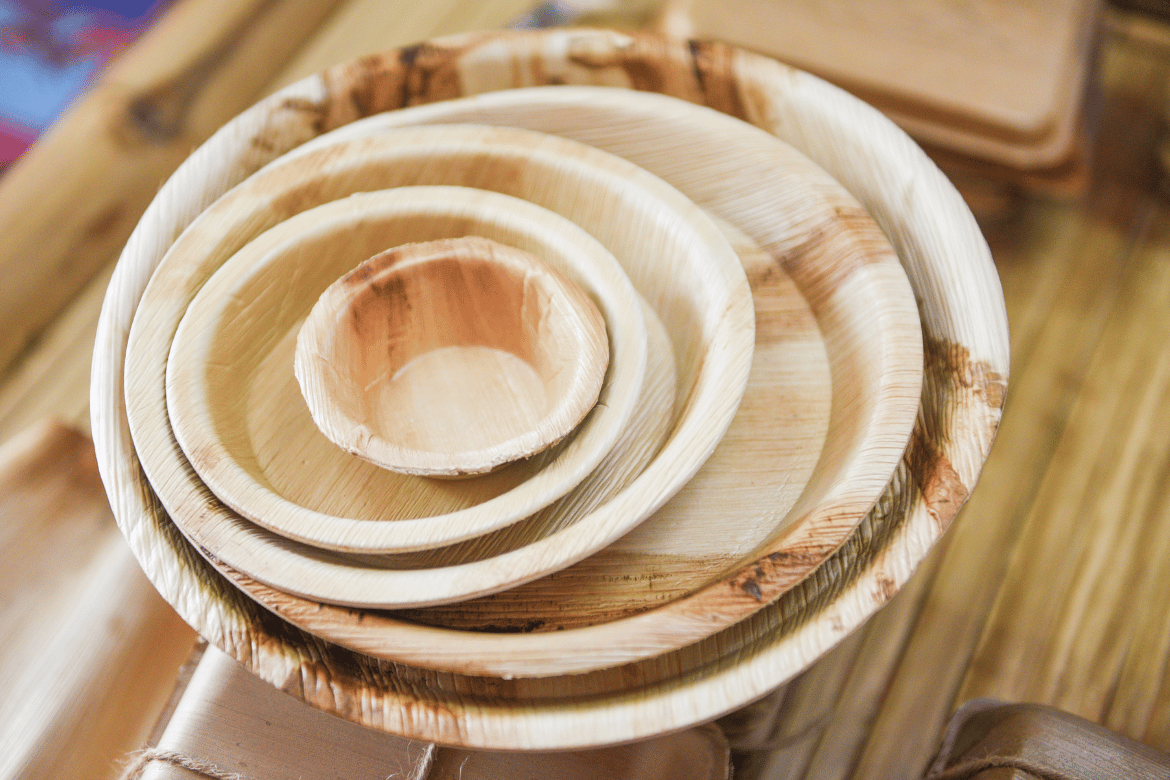Cart
0
Compostable plates are eco-friendly alternatives to disposable plastic or plastic-coated paper plates. Made from organic materials, compostable plates are useful at big events like parties, picnics, and weddings. While compostable plates are still technically single-use, they biodegrade instead of decomposing in a landfill.
When a plate is labeled “compostable,” it essentially means that it can break down in a simple or industrial composting facility.
Not only are products made from palm tree leaves environmentally friendly, but they also support local workers in the tropical locations where the trees grow.
Once palm tree leaves fall naturally, locals collect them for processing. This sustainable collection process does not physically harm the trees and does not contribute to deforestation.
The leaves are sanitised, dried, ground into a pulp, and made into a thin but durable fiberboard. Artisans use high-heat molds to shape the fiberboard into compostable plates and bowls, making several items with each leaf. Plates made from palm tree leaves are completely compostable as they don’t require any chemicals or binders.
While grease and food residue can cause serious problems with recycling, they aren’t an issue in the composting process. If you’re using a compostable plate, don’t worry about scraping off your leftover dinner before composting it.
You can compost plates made from bamboo and palm leaves in your backyard compost pile. Because these products are dry, brown composting materials, make sure there’s plenty of green materials in your pile to provide moisture. Consider cutting them into small pieces first to make the decomposition process go quicker.
Interesting note: Compostable products are not recyclable, so don’t put them in your local recycling bin. If you can’t compost them, throw them away. The organic materials in compostable products can damage recycling equipment, so a majority of recyclers don’t accept them.
Source: www.treehugger.com
When a plate is labeled “compostable,” it essentially means that it can break down in a simple or industrial composting facility.
Earthware Tableware - Palm Tree Leaves!
Not only are products made from palm tree leaves environmentally friendly, but they also support local workers in the tropical locations where the trees grow.
Once palm tree leaves fall naturally, locals collect them for processing. This sustainable collection process does not physically harm the trees and does not contribute to deforestation.
The leaves are sanitised, dried, ground into a pulp, and made into a thin but durable fiberboard. Artisans use high-heat molds to shape the fiberboard into compostable plates and bowls, making several items with each leaf. Plates made from palm tree leaves are completely compostable as they don’t require any chemicals or binders.
The Correct Way of Disposing Them
While grease and food residue can cause serious problems with recycling, they aren’t an issue in the composting process. If you’re using a compostable plate, don’t worry about scraping off your leftover dinner before composting it.
You can compost plates made from bamboo and palm leaves in your backyard compost pile. Because these products are dry, brown composting materials, make sure there’s plenty of green materials in your pile to provide moisture. Consider cutting them into small pieces first to make the decomposition process go quicker.
Interesting note: Compostable products are not recyclable, so don’t put them in your local recycling bin. If you can’t compost them, throw them away. The organic materials in compostable products can damage recycling equipment, so a majority of recyclers don’t accept them.
Source: www.treehugger.com
